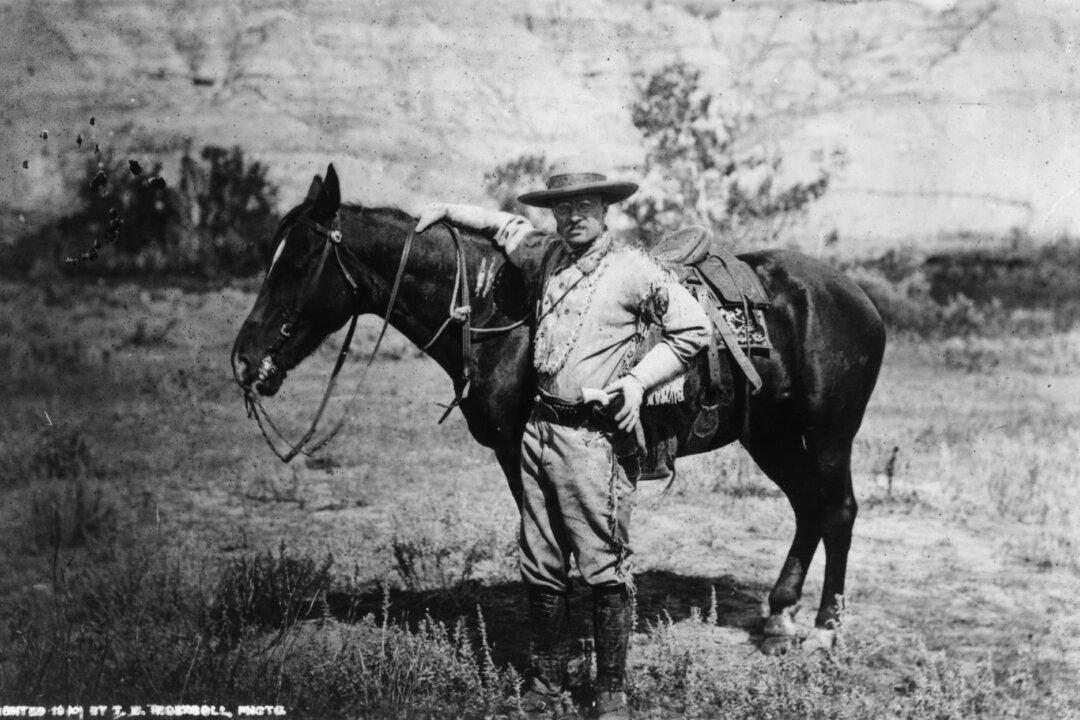The saying “No good deed goes unpunished” has always intrigued me. I’ve wondered whether it has ancient origins, like so many other proverbs, and was curious about the context from which it was born. I’ve also always had mixed feelings about it, wondering about the intention behind the saying and whether it’s a good saying to use.
My research has uncovered some interesting things, and the opportunity to reflect on the meaning of this proverb has been a good chance for growth. In short, I think the saying contains profound truth, especially in these troubled times.





